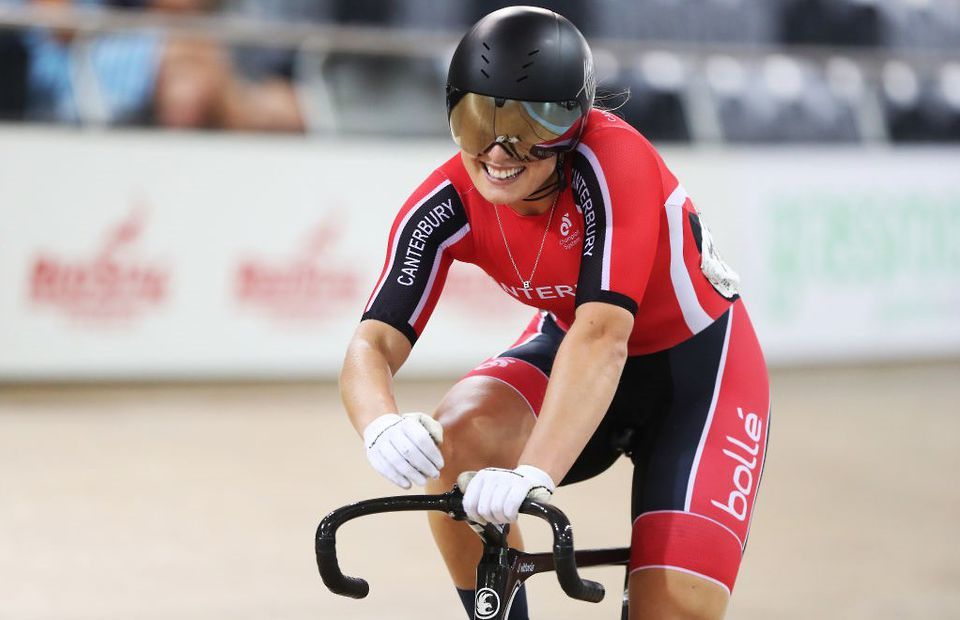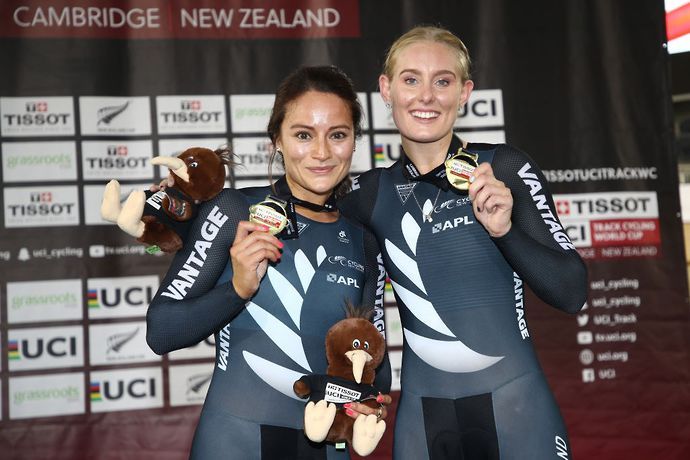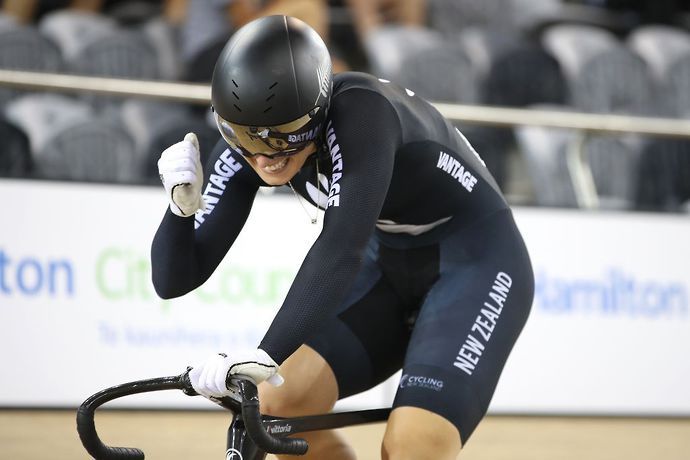Olympic cyclist Olivia Podmore has died, aged 24.
The New Zealand born athlete competed at the 2016 Rio Games in multiple cycling track events, including the team sprint, the keirin and the individual sprint.
In a statement, the New Zealand Olympic Committee said: "We offer our deepest condolences to family, friends and others in the NZ community who are grieving this loss.
"We are providing wellbeing support for members of her team and the wider team as we return home from Tokyo."
Podmore was not selected for the Olympics in Tokyo but did take part in the World Championships last year.
Hours before passing, the rider wrote a message on her Instagram page detailing the “struggle” of elite sport.
The since-deleted post read: "Sport is an amazing outlet for so many people, it’s a struggle, it’s a fight but it’s so joyous.
“The feeling when you win is unlike any other, but the feeling when you lose, when you don’t get selected even when you qualify, when [you're] injured when you don’t meet society’s expectations such as owning a house, marriage, kids all because [you’re] trying to give everything to your sport is also unlike any other.”
Cycling New Zealand also released a statement saying they were “deeply saddened” by the loss of Podmore.
“Olivia was a much loved and respected rider in our Cycling New Zealand squad.
“At this time we are providing support to our staff and riders, the cycling community and those that were close to Olivia.
“Cycling New Zealand extends our deepest sympathies to Olivia’s family at this time and we ask that the media respect the privacy of Olivia’s family, friends and our riders.
“We offer our deepest condolences to family, friends and others in the NZ community who are grieving this loss.”
New Zealand’s cycling federation said it would review its mental health support for athletes following the death of Podmore.
"Right now for us it's about focusing on the wellbeing of the people who are here and having to deal with this loss," said Cycling New Zealand Chief Executive Jacques Landry.
The issue of athletes suffering from mental health problems has come to light more prominently in recent months.
Tennis star Naomi Osaka withdrew from both the French Open and Wimbledon after admitting she was battling anxiety and also revealed she struggled to cope with the pressure of performing at her home Olympics.
Similarly, US gymnast Simone Biles pulled out of the majority of her events at Tokyo, after citing a need to look after her mental wellbeing.





















